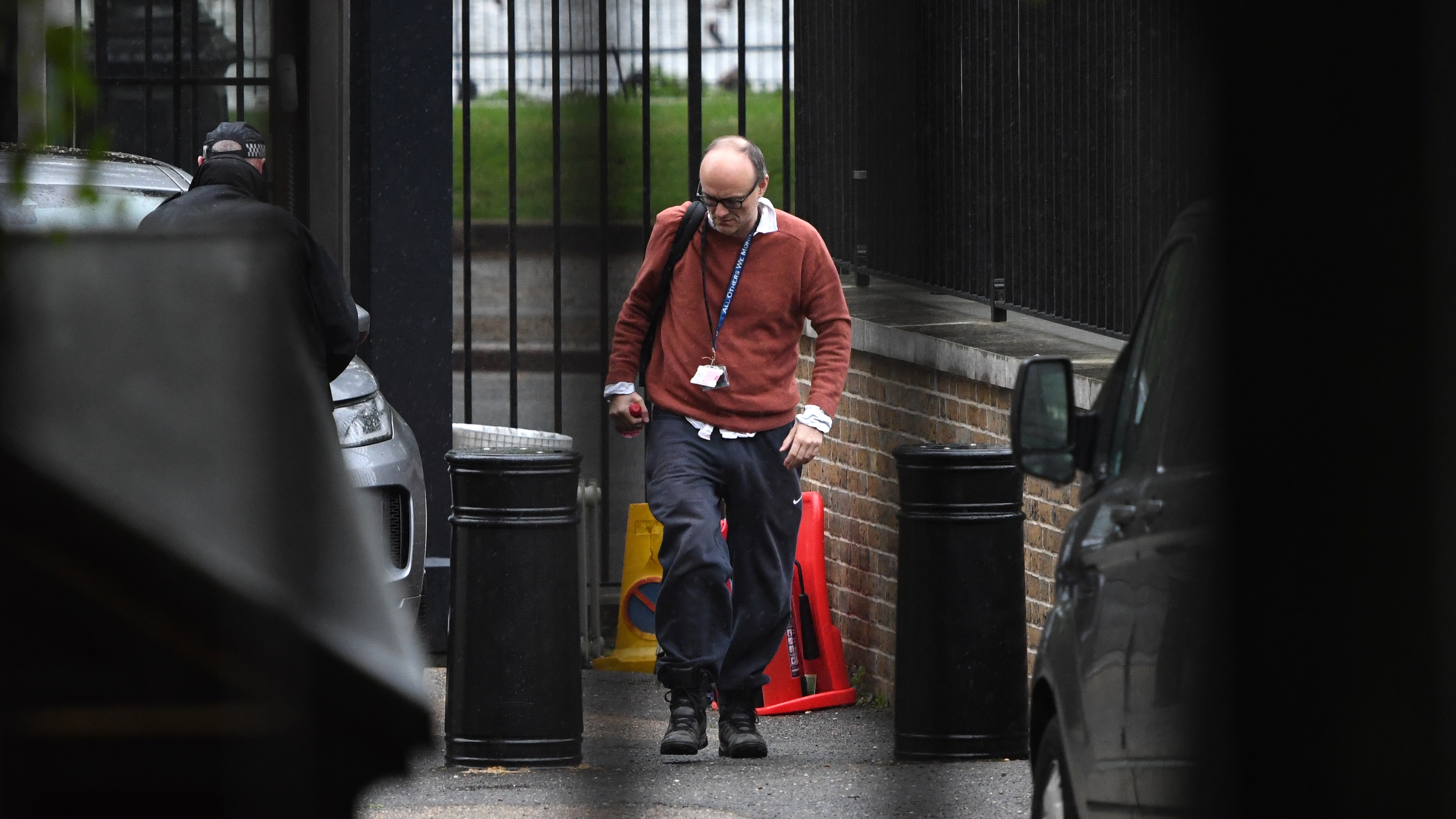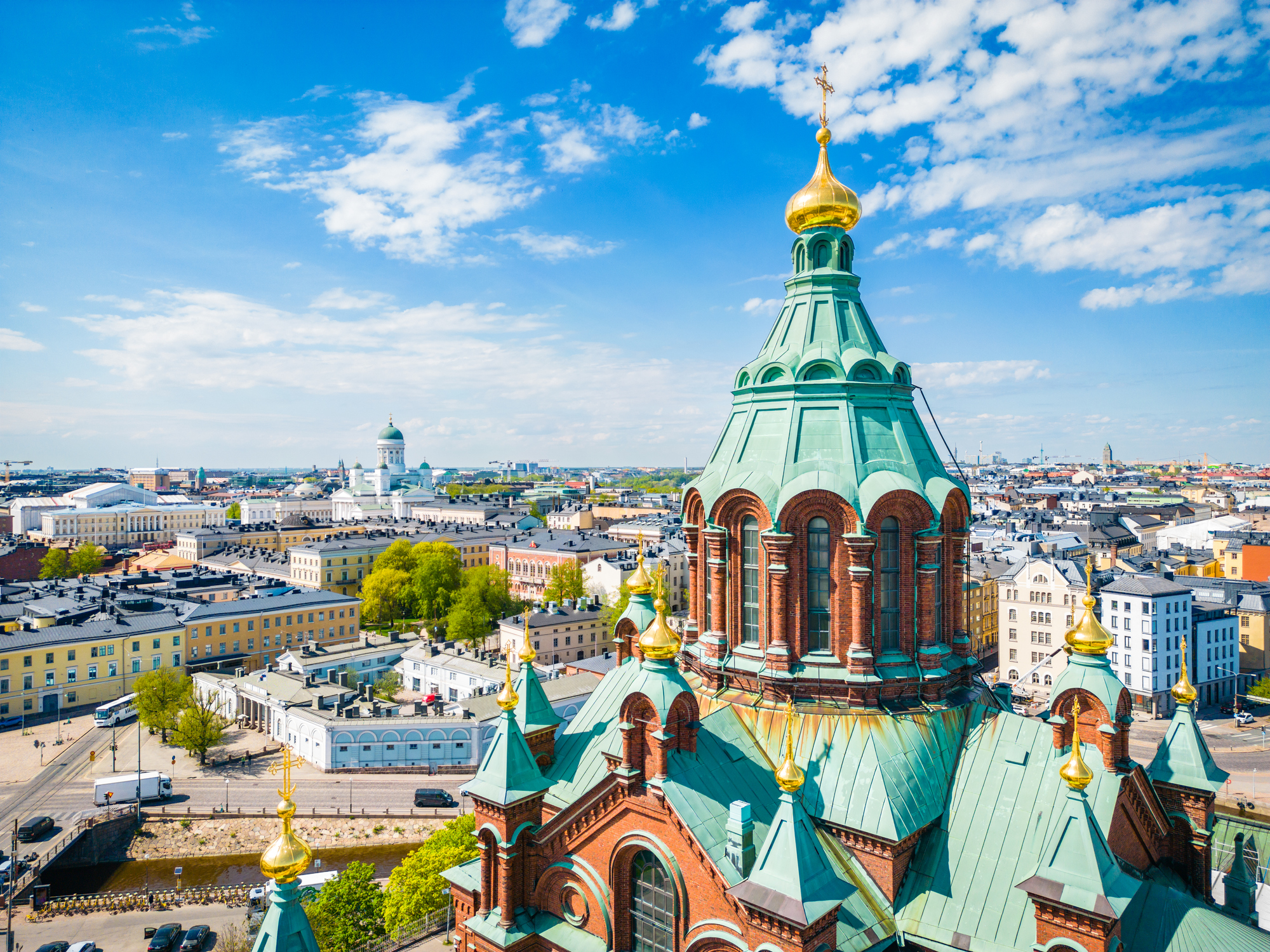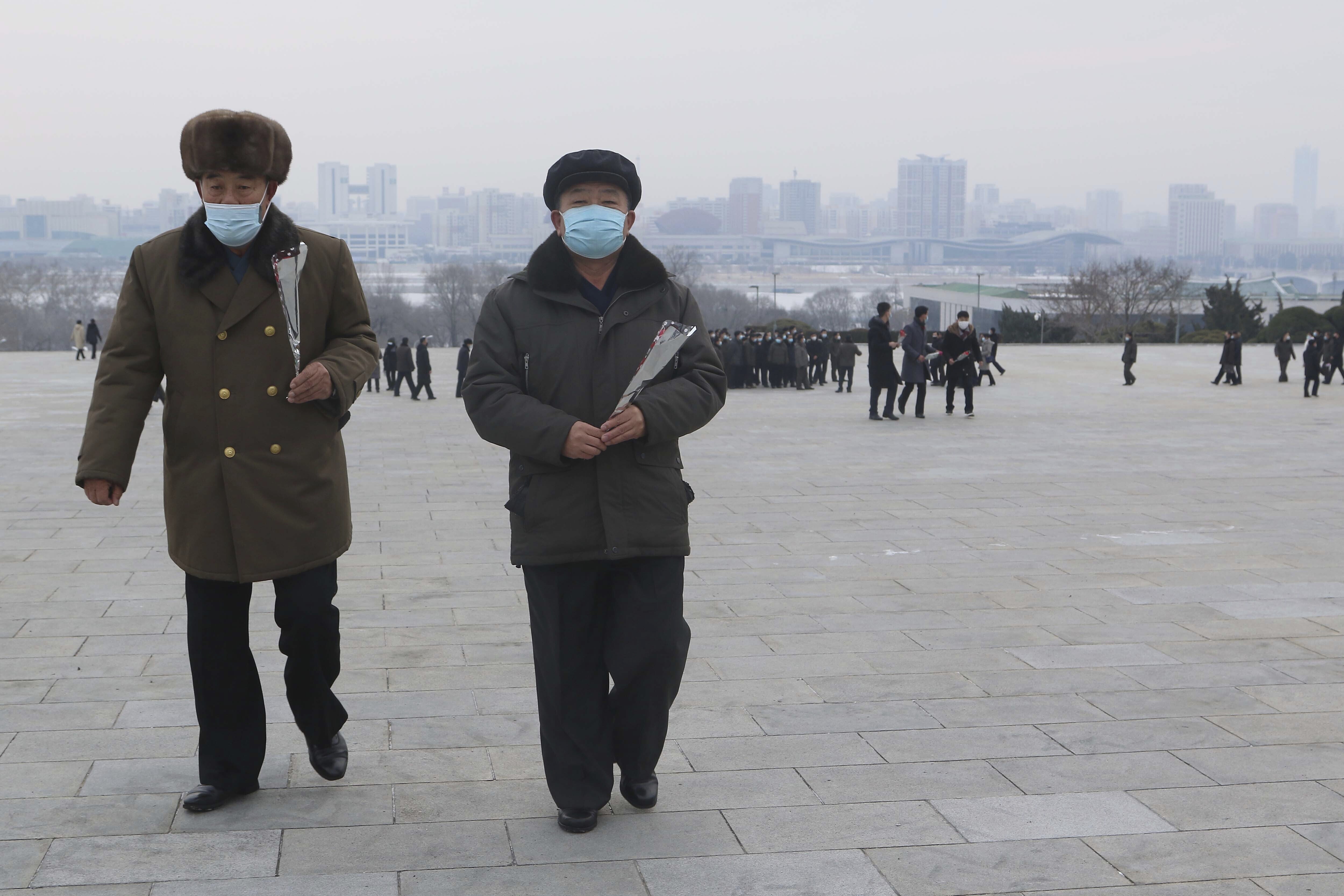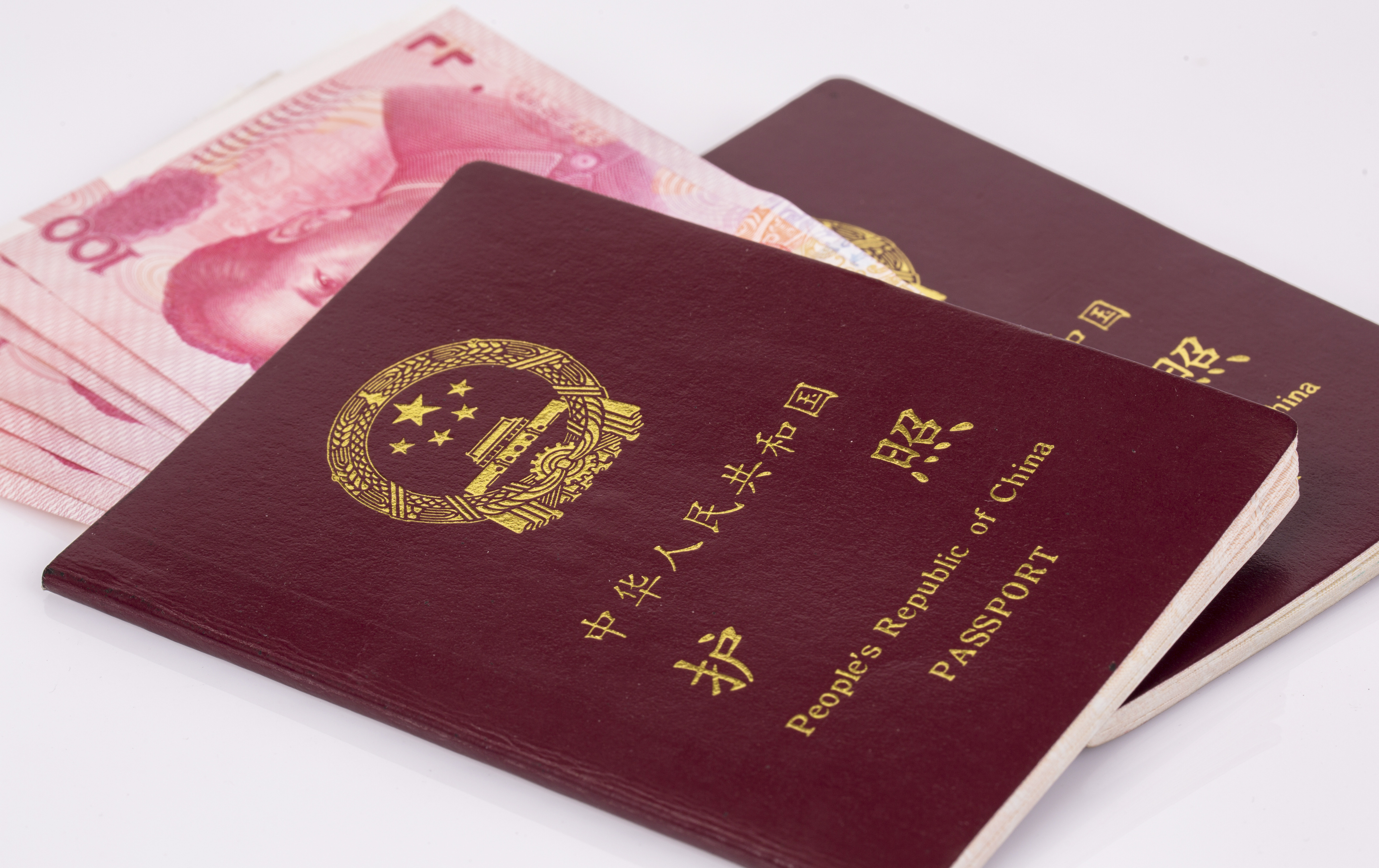‘With Dominic Cummings gone, the government has rediscovered how to succeed’
Your digest of analysis and commentary from the British and international press

- 1. With Dominic Cummings gone, the Government has rediscovered how to succeed
- 2. Jordan Peterson’s feminised men just don’t exist
- 3. The story behind the Myanmar coup
- 4. The cladding scandal is an indictment of how Britain treats its poorest people
- 5. The stigma we faced in the 1980s is now being directed at trans people
A free daily email with the biggest news stories of the day – and the best features from TheWeek.com
You are now subscribed
Your newsletter sign-up was successful
1. With Dominic Cummings gone, the Government has rediscovered how to succeed
William Hague in The Daily Telegraph
on shedding dead weight
“Whether in Westminster or confined to their constituencies, many Tory MPs are becoming happier with how the government is being run. They find the Prime Minister’s new chief of staff, Dan Rosenfield, is assiduous about consulting MPs and taking them seriously. What is more, he succeeds in staying out of the news himself, which is a sign of a system that is working well. Of course, there are many who remain deeply concerned about the decisions that ministers make – on school closures in particular, and on the likely pace of releasing the lockdown of the economy. Yet increasingly, they are unable to complain that they are not being listened to.”
The Week
Escape your echo chamber. Get the facts behind the news, plus analysis from multiple perspectives.

Sign up for The Week's Free Newsletters
From our morning news briefing to a weekly Good News Newsletter, get the best of The Week delivered directly to your inbox.
From our morning news briefing to a weekly Good News Newsletter, get the best of The Week delivered directly to your inbox.
2. Jordan Peterson’s feminised men just don’t exist
Hugo Rifkind in The Times
on images of masculinity
“If you’re Vladimir Putin and you base your image around the bare-chested wrestling of elk, or whatever, then you end up being particularly vulnerable to the suggestion that you’ve spent a billion pounds on a palace and filled it with flouncy cushions. Likewise, if you are Jordan Peterson and you define maleness as toughness and domination, then a grim bout of illness leaves you looking like a failure despite being one of the most successful authors in the world. The real irony, I suppose, is that exactly like the trans activists of the hated left, the Peterson-friendly right seeks to reduce the space that both men and woman have to escape gender roles altogether. Personally, I’ll take the Harry Styles vision of masculinity over the Peterson one any day, and I say that owning no chiffon at all.”
A free daily email with the biggest news stories of the day – and the best features from TheWeek.com
3. The story behind the Myanmar coup
David Scott Mathieson in The New York Times
on trouble in the ranks
“At a minimum, the coup, being a major step backward, may undermine morale and cohesion among the troops. Decades of armed conflict with several ethnic groups have inflicted numerous casualties on ordinary soldiers. Desertion has been on the rise... By deploying the dirty playbook of clichéd dictators, General Min Aung Hlaing and the new junta may have thwarted their nemesis, and power is theirs, for the time being. But the Tatmadaw [Myanmar’s military] now risks widespread instability and faces the very real challenge of confronting an entire nation, including members of its own ranks, that has developed a taste for democracy. By dragging the entire country into the depths of their praetorian aspirations, Myanmar’s generals are working against their own self-interest.”
4. The cladding scandal is an indictment of how Britain treats its poorest people
Owen Jones in The Guardian
on social hierarchy
“The Grenfell disaster should have provoked a national debate about Britain’s housing crisis. That it did not is indicative of a macabre hierarchy that everyone knows exists. After all, those most likely to suffer the consequences of Britain’s social crises are the poor and people of colour. They lack an organised voice in society, and people from such backgrounds are woefully underrepresented in both media circles and in parliament, while voter turnout is lower among society’s poorest. If white, affluent middle-class professionals had lived in the flats that went up in flames, urgent action would have been taken. But Grenfell was not a catalyst for drastic and belated change because its victims were condemned to the bottom of Britain’s hierarchy of human worth.”
5. The stigma we faced in the 1980s is now being directed at trans people
Michael Cashman in The Independent
on a repeating cycle
“I realised that despite the sacrifices over the years, the pain, the decimation of people’s humanity, the denial of their integrity and their identity, the stigma that they had faced, the same things are happening again now. This time the target is not LGB people, but trans women, trans men, non-binary people and trans teenagers. The fact that some of the instigators of these misrepresentations are LGB people, including some who lived through this period, angered me even more. It signifies that, for some, nothing has been learnt. Trans people have become the individuals to discriminate against, to debase, and to portray as a ‘threat’ – in the same way that previously they portrayed gay men, lesbians and bi women as a threat.”
-
 The EU’s war on fast fashion
The EU’s war on fast fashionIn the Spotlight Bloc launches investigation into Shein over sale of weapons and ‘childlike’ sex dolls, alongside efforts to tax e-commerce giants and combat textile waste
-
 How to Get to Heaven from Belfast: a ‘highly entertaining ride’
How to Get to Heaven from Belfast: a ‘highly entertaining ride’The Week Recommends Mystery-comedy from the creator of Derry Girls should be ‘your new binge-watch’
-
 The 8 best TV shows of the 1960s
The 8 best TV shows of the 1960sThe standout shows of this decade take viewers from outer space to the Wild West
-
 ‘Irony’ as Zoom calls staff back to office
‘Irony’ as Zoom calls staff back to officefeature And other stories from the stranger side of life
-
 The U.S. veterinarian shortage crisis
The U.S. veterinarian shortage crisisSpeed Read With an anticipated shortage of 15,000 vets by 2030, it will be harder to get care for pets
-
 Company teaches mask-wearers to smile again
Company teaches mask-wearers to smile againfeature And other stories from the stranger side of life
-
 Global happiness has been 'remarkably resilient' over the past three years
Global happiness has been 'remarkably resilient' over the past three yearsfeature
-
 Ministers considered killing all cats during pandemic
Ministers considered killing all cats during pandemicfeature And other stories from the stranger side of life
-
 North Korea imposes 5-day lockdown on capital to fight 'respiratory illness'
North Korea imposes 5-day lockdown on capital to fight 'respiratory illness'Speed Read
-
 China to begin re-issuing passports in another reversal of COVID lockdowns
China to begin re-issuing passports in another reversal of COVID lockdownsSpeed Read
-
 The Week Unwrapped: Tracking apps, BTS and stay-at-home girlfriends
The Week Unwrapped: Tracking apps, BTS and stay-at-home girlfriendspodcast Does China’s U-turn mark the end of Covid-tracking apps? Has South Korean pop passed its peak? And are we really seeing the rise of the stay-at-home girlfriend?